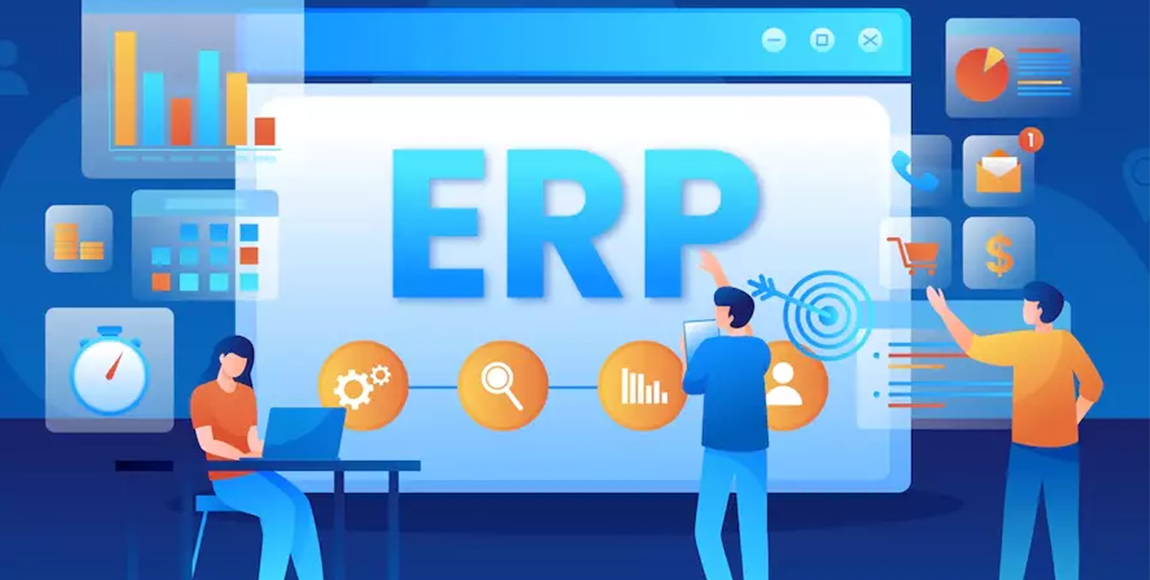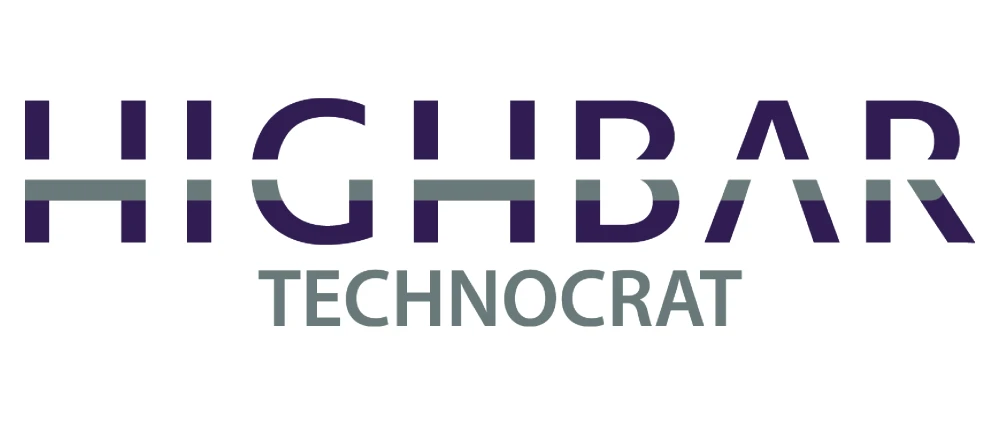
Increased demand of ERP software for industrial operations after Covid outbreak.
The pandemic brought an opportunity for construction players to steer into an era of transformation. Companies looking to stabilize operations and recapture the growth lost in the crisis turn to technology for answers. According to Gartner, the market for hyper automation-enabling technologies will reach USD 596 billion in 2022, up nearly 24% from the USD 481.6 billion in 2020. This indicates a prominent rise in demand for cloud-based resource planning solutions — ERP (Enterprise Resource Planning).
Apart from being the survival kit for businesses in the pandemic, ERP is solving a host of finance and enterprise related challenges such as working capital predictions, cost visibility, enterprise planning for finance, supply chain, procurement, and other parts of the business, as well as financial closing processes and billing models. With access to accurate data and predictive analyses, construction players can avoid unnecessary risk while capitalizing on new revenue opportunities that change from time to time.
Reasons for the rising demand
Initially, survival and continuity were the major driving forces for the construction industry to embrace ERP. However, now the recovering BFSI, logistics and manufacturing sectors followed by increased government expenditure are considered to be the primary factors accelerating the need for the ERP in the post-covid world. Since ERP helps infrastructure companies identify and save costs from multiple sources, businesses can avoid revenue leakage and prioritize critical expenditures.
Effective planning and management for delayed projects is another contributor to the rising demand. Customized ERP paired with the latest technologies assist in better optimization of resources and promote rational and effective decisions.
Furthermore, the active demand crisis is compelling the industry to embrace proactive ways to engage with the customers. This has compelled the earlier traditionally-governed industry to become more insightful and sensitive towards using data to engage with customers for better sales.
Technology enabling agent
ERP’s role as a business resiliency agent is profound and widespread for the infrastructure sector. Technology is quickly becoming a foundation for integrating new-age technology solutions. Other hyper-automation technologies like Robotic Process Automation (RPA), Low-Code Application Platforms (LCAP), AI, and Virtual Assistants are found on the bedrock of a sound ERP system.
When embedded in ERP, IoT facilitates data collection, collation, analysis, and processing for businesses, empowering them to make informed decisions and strategies. This enables the construction enterprises to embrace effective supply chain management and customer relationship management (CRM).
A catalyst to error-free project planning
Allocating assignments and monitoring progress across different projects has always been challenging in the construction world. And now, with the pandemic, it’s been a priority even more. With the help of an ERP system, construction enterprises can easily monitor the status of each project, delegate assignments, create milestones, and keep track of the work time with just a few clicks. In addition, real-time data of resources enables enterprises to track the time spent on each task, making it easier for them to bill clients and monitor productivity.
Seamless exchange of information
The pandemic impelled enterprises to adopt the new work-at-home model. This culture is still running strong; however, the large-scale size and nature of the infrastructure sector make the exchange of information complex. Therefore, compiling and sharing data the wrong way is ineffective, impractical and not safe.
ERP makes the data exchange smooth through resources and firewalls that ensures optimal data security. As a unified platform, it makes the exchange of information streamlined and more efficient across different departments. Construction players can also provide restrictions on their data, which one can share with the client or seen by the employees.
A dire need for accurate decision making
The world’s economic status is still very uncertain; hence, any prediction for business is not just complex but risky to make. For Engineering, Construction & Infrastructure enterprises (EC&O), decision making is even more critical due to the sheer volume of investments involved.
A centralized ERP system improves decision making by providing a comprehensive view of a situation. Whenever enterprises are required to correlate information from different sources, the ERP software seamlessly extracts data and provides relevant criteria to make sound decisions. Every order can be processed in a unified manner from numerous pipelines of accounting, engineering, purchasing, billing and more, collecting and consolidating information and processing them into actionable results.
Scope and Possibilities
While large and medium-tier companies are well receiving the technology, some small-scale developers are yet to unlock ERP’s true potential for their business. Their challenges mainly revolve around bulging costs and low demands; however, these uncertain times pose massive continuity and survival risks. Hence sustainable adoption of ERP will help them cope with the changing times and ensure long term survival.
The infrastructure industry will unlock effective project budgeting, planning, and estimation through ERP. In addition, it will allow sustainable management of assets, inventory, procurement, customer relationship etc. Going forward, the role of ERP in the recovering infrastructure sector will augment, making the sector ready for the changing reality.

Written by — Mr. Ashok Wani, Head Technology & Innovation, Highbar Technocrat Limited
Highbar Technocrat is one of the leading end-to-end IT solution provider for the Infrastructure, EC&O, Real Estate, and Power sectors. They are SAP Gold partner and offer a wide bouquet of digitally integrated solutions ranging from implementing SAP-based ERP solutions like S/4HANA, RISE, Cloud-based solutions to 5D BIM for mega infra-projects, RPA & IoT solutions, and many more. With an in-depth understanding and core competence of the construction & infrastructure industry, Highbar has demonstrated expertise in the Private, Public, and Government sectors covering roads, ports, smart cities, airports, railways, irrigation, power, water supply, as well as urban and industrial infrastructure like telecom, manufacturing, and mining sectors. Highbar is the perfect blend of domain knowledge in the infrastructure business with a team that is well equipped to understand and relate to the requirements of the sector.
To know more write us at enquiry@highbartech.com or call +91 8976711399




